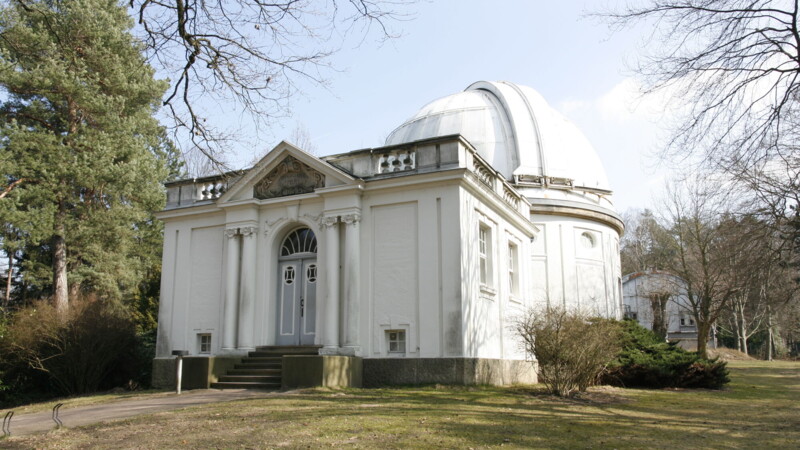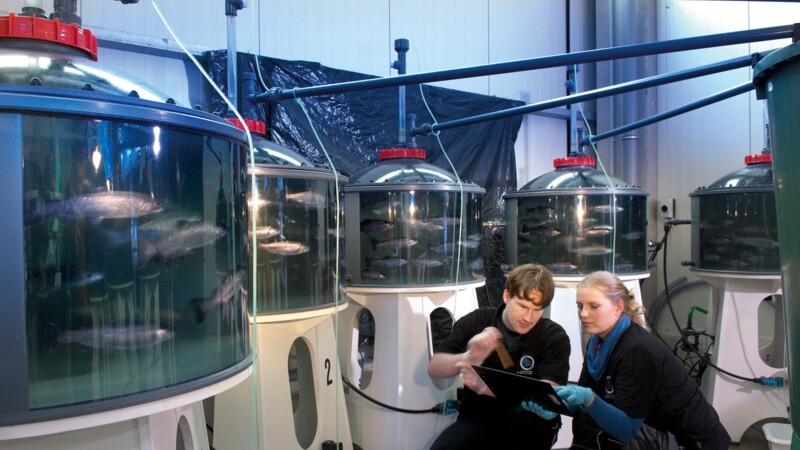The substances bind to so-called papain-like protease (PLpro) of coronavirus i.e., an enzyme that contributes to virus replication and is thus the main target of medication. An active substance that fastens onto the enzyme at the right place can block its function and prevent the formation of new virus particles. Around 500 natural substances were mixed with the enzyme during the experiments. Crystals were grown as conventional microscopes were not suitable for the analysis. The crystals were examined with ultra-bright X-rays of the PETRA III particle accelerator at DESY. Three substances were identified that attached to the enzyme.
A team of international researchers involving scientists at the University of Hamburg and the German Electron Synchrotron (DESY) among others has identified three substances that could form the basis for medication to combat coronavirus, the University of Hamburg announced in mid-August. The natural substances are already used in existing medication. Researchers had tested a total of 500 substances, according to a summary of the findings in "Communications Biology", under the main authorship of Dr. Vasundara Srinivasan, a chemist in Hamburg.
Coronavirus enzyme examined with DESY X-rays
Natural substances in medicines
The natural substances are found in olive oil and green tea. "The advantage of these substances is their proven safety," said Prof. Dr. Christian Betzel, head of the team at the University of Hamburg, adding: "These compounds occur naturally in many foods. Drinking green tea, however, will not cure a coronavirus infection!" Further research will tell whether a cure for coronavirus based on these compounds can be developed. Scientists from Brazil, Britain, Pakistan and Slovenia were also among the researchers.
nj/sb/pb
Sources and further information
More
Similar articles

EUR 2.5 million in EU funds for University of Hamburg's astrophysicist

New health and innovation campus for Buchholz

